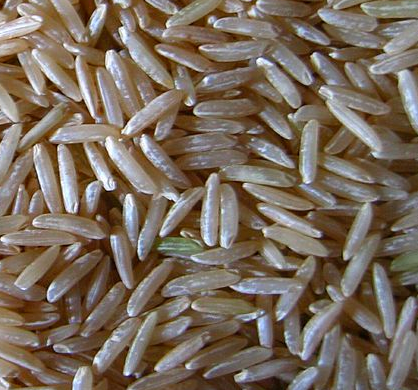Scientists say cilantro, a favorite ingredient in Costa Rican cooking, shows promise as a so-called biosorbent to mop up heavy metals that have leached into ground water in many developing countries.
Cilantro is cheap and abundant in some of the world’s most polluted countries where municipal waste dumps and factories deposit dangerous amounts of lead, copper, arsenic, cadmium and mercury.
More advanced technologies used to remove the heavy metals, including activated carbon, are expensive.
Earlier this year, Douglas Schauer of Ivy Tech Community College in Lafayette, Indiana, led students to Tula Valley near Mexico City, in search of cheap and plentiful materials that could be used to filter out industrial pollutants in ground water. They tested a number of abundant wild plants, which they dried out and crushed.
“And then we put that into a solution that has a known amount of lead in it,” Schauer said. “That’s the metal we used as our test metal. Shake it up for a little bit, and then we let the particles settle out, and then we test the water to see how much lead is left behind.”
The students’ tests showed cilantro was one of the most effective plants for pulling lead out of polluted water, Schauer said, adding that some plants’ biosorbent properties are thought to be due to the microscopic cells that make up the plants’ cell walls.
Regardless of how it works, Schauer recommends cilantro as a water purifier for people living near polluting factories, or in urban areas such as the Tula Valley, where Mexico City dumps all of its untreated municipal waste.
“Our hope is for somebody who lives in that region to simply be able go in their back yard and grab a handful of cilantro, maybe let it dry out for a couple days sitting on a rock in the sun, and then maybe a handful of that would purify a pitcher of water,” Schauer said.
Schauer believes dried cilantro could someday be packaged like tea bags, or as reusable water filter cartridges to remove heavy metals.
The findings of field studies with cilantro in Mexico were presented at this year’s annual meeting of the American Chemical Society in Indiana.






Comentarios